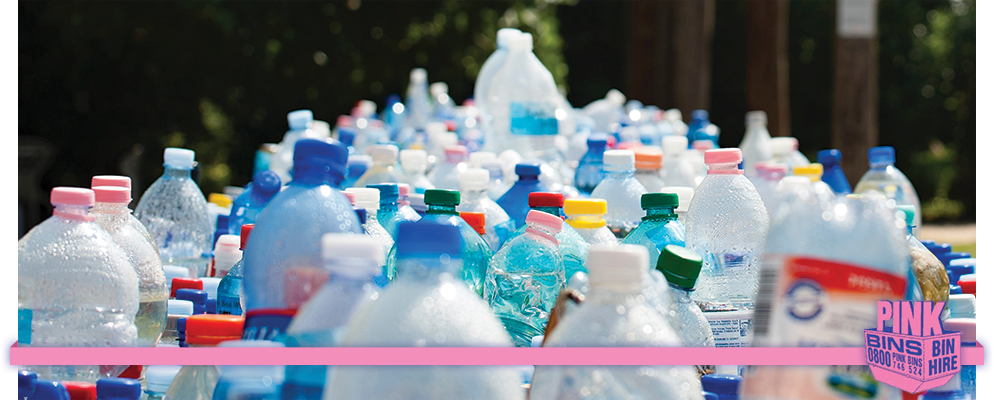The U.S. Environmental Protection Agency says that people throughout the world use a massive one trillion plastic bags. Wow! And, that’s just a small portion of all plastic used. Now, it’s no secret that plastic waste causes havoc to the environment. Which is why we’re pleased when we see organisations doing something about the issue.
1: Plastic roads
Indian businessman Ahmed Khan once ran a business that manufactured thousands of plastic bags and packaging materials every month — much of which ended up in a landfill. Well, he wasn’t happy about that, so with his brother, he formed K.K. Plastic Waste Management to build roads using plastic waste. Khan’s company produces a compound called polymerised bitumen by mixing plastic with asphalt. Is it any good? Well, the product actually withstands wear and tear and monsoons much better than traditional roads.
2: Plastic bags to diesel
Researchers from the University of Illinois have figured out how to make diesel fuel and other petroleum products from used plastic bags. How does it work? Well, by heating plastic bags in an oxygen-free chamber — a process is known as pyrolysis — they produce fuel, like diesel, that can blend with existing ultra-low sulphur diesel and biodiesel. Apparently, from the distillation of petroleum, you can only make around 50% fuel. Because plastic bags are made from petroleum, on the other hand, scientists can get almost 80% fuel.
3: Recycled food packaging
Here’s a Kiwi story. Last year, the government invested $3 billion in Pact Group (N.Z.) Ltd. At its Auckland plant, Pact Group decontaminates Type 1 or PET plastic to manufacture 100% recycled packaging such as meat and bakery trays and deli food containers.
Here’s a brief description of how the process works:
- Convert plastic into decontaminated pellets.
- Extrude pellets to produce sheets
- The sheets go into a thermoformed, which stamps out trays.
- After use, the trays can be cleaned and recycled again.
Brilliant.
The problem with plastic is that it is so convenient. And, for many businesses, it’s irreplaceable. If plastic didn’t cause so much devastation to our environment, you could say it was an ideal product. Unfortunately, finding suitable alternatives will take time, but it’s great to see clever people around the world making progress.
Did you enjoy this post? If so, please share.

